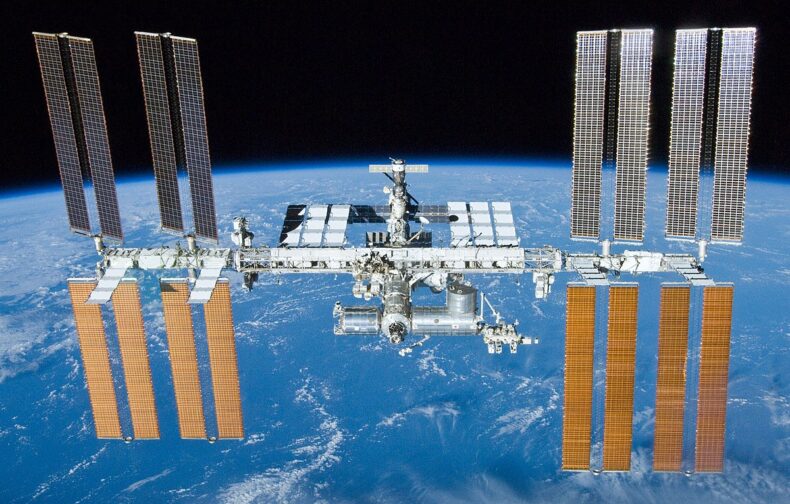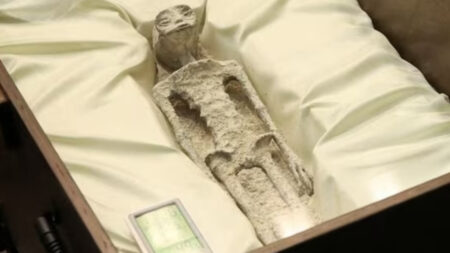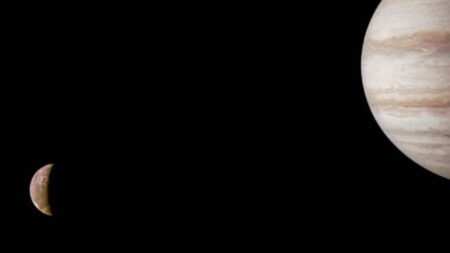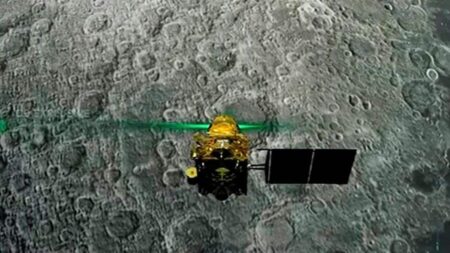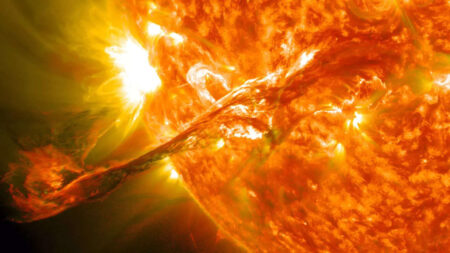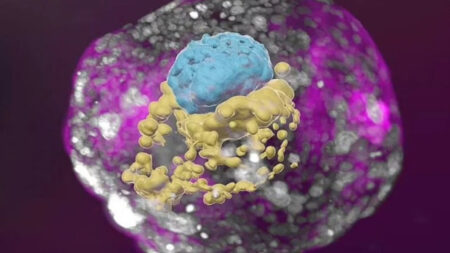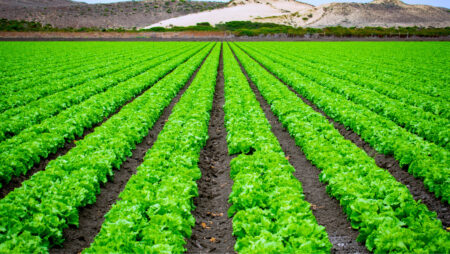IIT Madras to study variations of microbes found on the ISS
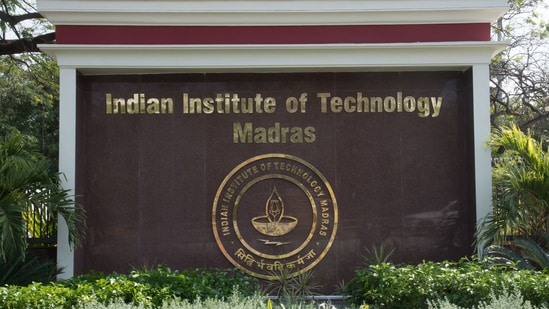
IIT Madras (Indian Institute of Technology) and NASA Jet Propulsion Laboratory researchers have studied the interactivity between potential disease microbes in the International Space Station (ISS). The study seeks to plan strategies for the mitigation and disinfection of space stations to minimise health hazards that may affect the health of astronauts onboard. This study, in particular, was motivated by earlier observations of Klebsiella Pneumoniae domination on the surfaces of the ISS.
The pathogen has been known to cause pneumonia-like infections. The key areas of interest for the institute are how the bacteria could affect the growth of other microbes and the other complications.
Though anything that is launched into space is tested thoroughly, sanitized and monitored for anything suspicious, the control over potential space microbial hitchhikers is not all-encompassing, especially at a microscopic level. They can either travel with the cargo on board or attach themselves to any of the crew members. While many of these are mostly benign and or beneficial, there is still a possibility that any one of the microbes could include a disease-causing pathogen that could start an infection among the crewmembers. Therefore such studies could prove beneficial, to protect astronauts from any serious infections or diseases as they work abroad in space, with altered immunities and limited access to terrestrial medical facilities. Studying such microbes present on the space stations becomes vital, so as to understand, and reduce the risks associated with short-term and long-term space travel of astronauts.

The microbial sample data collected from three space flights at seven different locations on the ISS found that Klebsiella Pneumoniae, a major microbe that resides on the ISS, is beneficial in the discovery of various other microbes present on the ISS, particularly the Pantoea Genus
However, Aspergillus Fungi’s growth was found to be detrimental in Klebsiella’s presence. This observation, followed by laboratory experiments, proved the same, said IIT
The work, published by Dr Karthik Raman, Associate Professor at the Bhupat and Jyoti Mehta School of Biosciences and a core member of the Robert Bosch Centre for Data Science and Artificial Intelligence (RBCDSAI), IIT Madras, collaborated with Dr Kasthuri Venkateswaran, Senior Research Scientist at NASA’s JPL, has been published in the international journal Microbiome.
The microbiome of the built environment has a significant influence on human health, according to Dr. Karthik Raman of IIT Madras. Unravelling these relationships will help to understand the processes that determine the microbiome even in harsh situations, and controlled habitats like the ISS harbour a diversity of species and prove to be an effective testing ground.
“One of the ways the microbes are introduced in the sealed and closed space station is through crew members” says Kasthuri Venkateswaran of NASA’s Jet Propulsion Laboratory (JPL) “However, the environment at the space station is different from that on Earth. The interaction between the microbes is also affected by these adverse environmental conditions in space, necessitating such studies”
Better data and knowledge on the microbes present in space can help scientists to develop appropriate safety measures for long-term space travel, continued Vekatseswaran.
While the microbial strains found in this particular study do not pose a direct threat to the space station astronauts, the existence of the study proves why it’s important to monitor the microbiome of the International Space Station. Keeping track of what microbes are on the ISS and learning how they adapt in microgravity can help to protect astronaut health, said the institute in a press release.
Previously, in 2021 new strains of bacteria were found, on equipment that has returned to Earth and all belonging to a family of bacteria usually found in soil and freshwater, known as Methylorubrum Rhodesianum, and the remaining three from an entirely new species, named Methylobacterium Ajmalii.
====================Read More=======================







